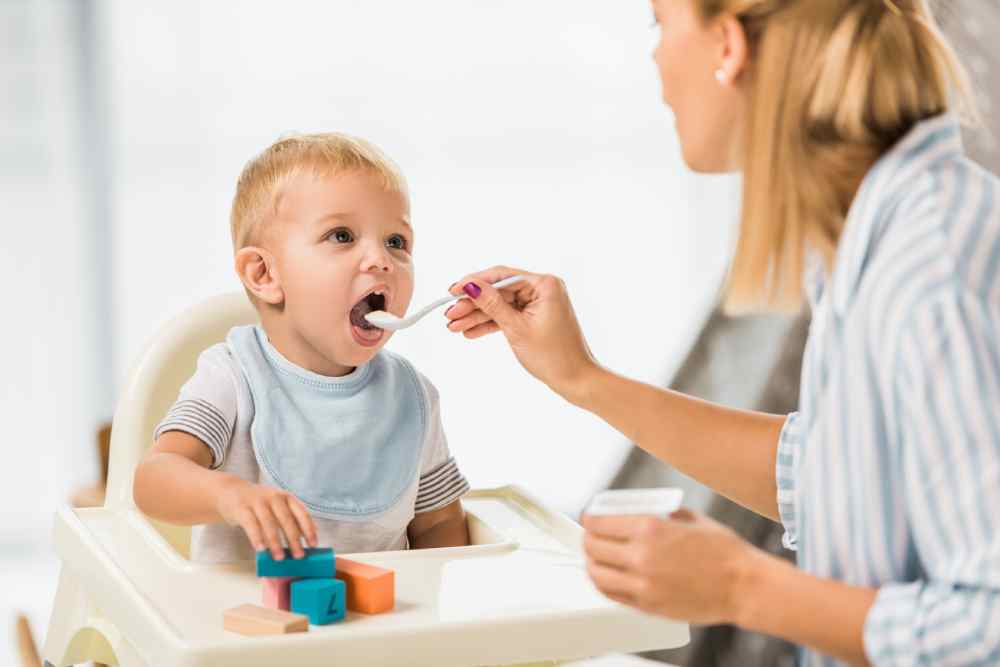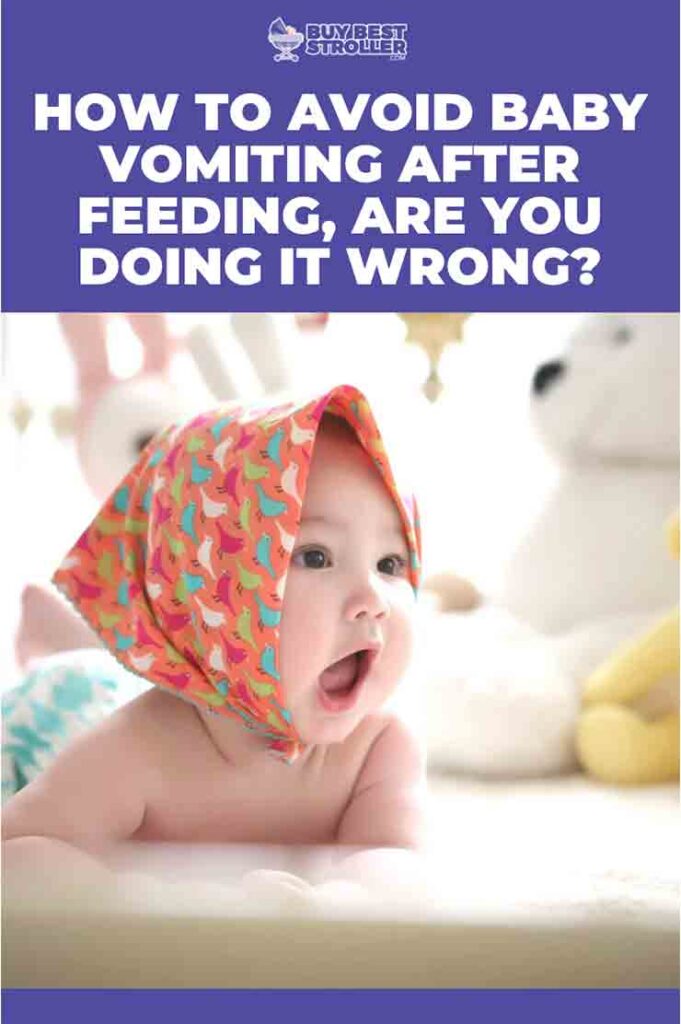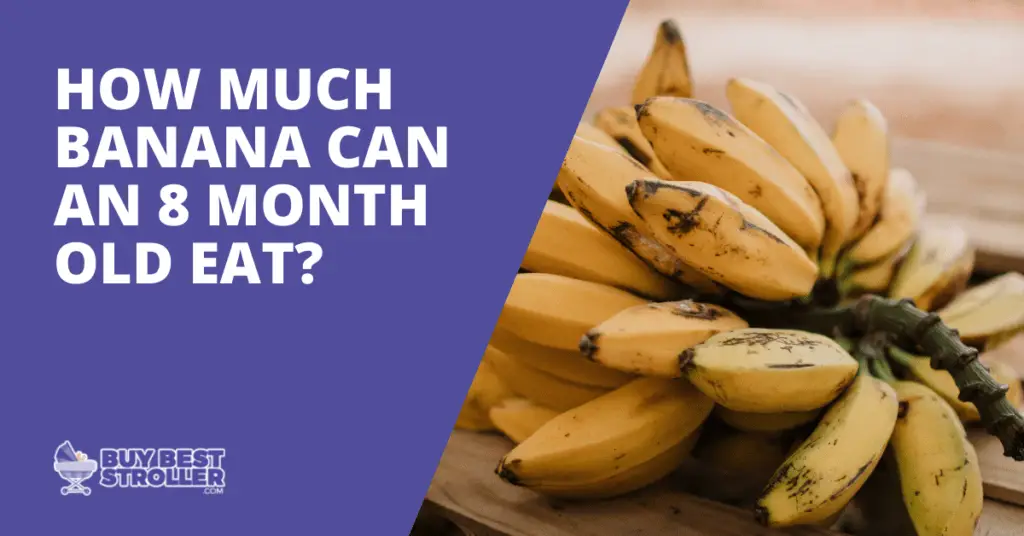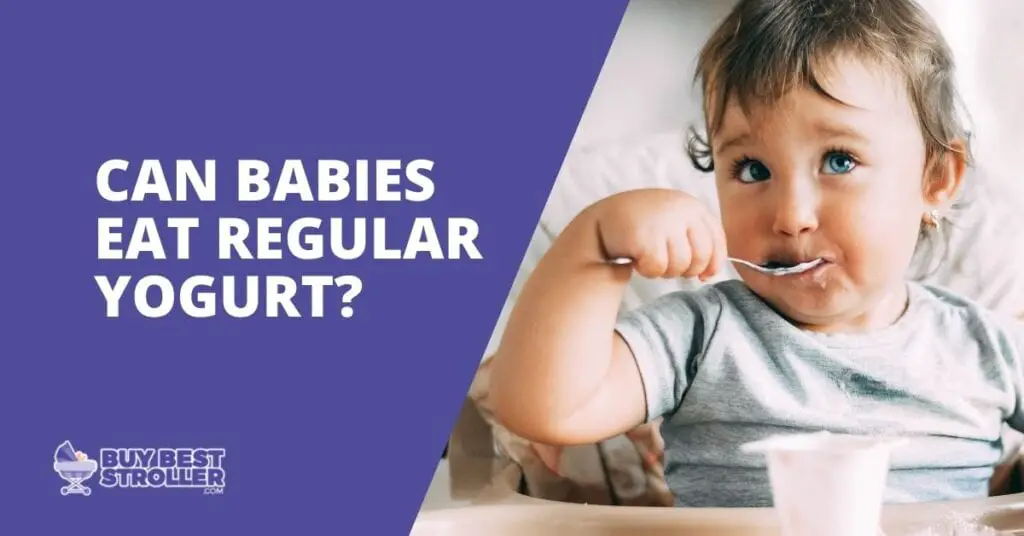Well, Although your baby can’t avoid vomiting because it’s his/her body’s natural response, there are a few things you can do to ease his discomfort. You can usually stop your baby from vomiting with minor changes.
Vomiting can be caused by a blockage in the digestive system. This can be caused by a food allergy, an infection, or even a foreign object that has become lodged in the digestive tract. If your baby has a blockage, it will usually have severe abdominal pain along with their vomiting.
Another common cause of vomiting in babies is an intolerance to certain foods. This can be caused by a reaction to the proteins in cow’s milk or soy products. If your baby is intolerant to these proteins, they will usually vomit after eating or drinking them.
Following are the 7 tips you can follow to avoid your baby from vomiting after feeding:
1. Don’t overfeed the baby
One of the main things parents should avoid is overfeeding their babies. Even though we all want to make sure our babies get enough breast milk or formula, we must be careful not to overfeed them.
Overfeeding or too fast eating can cause a baby to spit up the food or vomit because they don’t have enough time to digest the milk or food.
2. Feed your baby slowly
When your baby is feeding, make sure he or she drinks slowly and allows time to burp. Vomiting can sometimes be reduced by giving smaller feeds or meals more frequently.

3. Burp Your Baby
Occasionally, babies need to be burped after each feeding since they swallow too much air as they swallow milk. Using a bottle to feed your baby breast milk or formula may result in more air swallowing as they can gulp faster.
Your baby can feel uncomfortable and bloated when there is too much air in the stomach. After feeding your baby formula, burping your baby may help prevent vomiting.
4. Reduce Stimulus After Feeding
Another great way to reduce vomiting is to reduce the stimuli your baby is exposed to after feeding. You should allow your baby to relax and sit up calmly after feeding so that they can digest their food fully before playing. During the first 30 minutes after the feeding session, the baby should sit upright and remain in this position.
5. Change The Formulas
In case, if your baby is vomiting or spitting up more than usual, you may need to change the formula you are using. Changing formulas reduces the risk of vomiting since not all baby formulas are the same.
In some cases, formulas can cause an allergic reaction in your newborn, which will cause them to vomit or spit up.
6. No Solid Food
In cases of excessive vomiting, your pediatrician may suggest not giving your child solid food for the next 24 hours. In some cases, this can take longer, so you should check with your doctor.
7. Continue Breastfeeding
You shouldn’t stop breastfeeding your baby if he’s vomiting. To avoid this, give him breastfed milk every 2 hours in 5 to 10-minute increments. If your little one has been taking the special formula for some time and needs to reduce doses, you can use a teaspoon, cup, or bottle.

What Is Projectile Vomiting?
When vomit is forcefully expelled from the body, it is called projectile vomiting. Often, projectile vomiting occurs for different reasons in adults and infants, and the treatment varies accordingly.
The most common cause of projectile vomiting in infants is a condition called pyloric stenosis. There is a tube inside a child’s body that connects the small intestine and stomach that are affected.
When an infant has pyloric stenosis, it is hard for him or her to get enough fluid and nutrition. They can easily become dehydrated, so getting medical help urgently is important.
How Long Should I Wait To Feed My Newborn After Vomiting?
You should wait 30-60 minutes after vomiting to feed your newborn. If vomiting is too frequent, it may cause dehydration and even weight loss. Giving a milk feed can help prevent both of these consequences.
The amount of milk you give should be smaller (shorter feedings) more frequently than usual. After 4 hours of no vomiting, you can resume breastfeeding normally.
It’s fine to feed your baby if he or she is hungry after vomiting and takes to the bottle or breast. When your baby is at least 6 months old and won’t feed after throwing up several times, offer them water in a bottle or spoon. This can help prevent dehydration. Wait for a while and feed your baby again.
Is Your Baby Vomiting After Feeding Formula?
Yes, it’s normal for your baby to vomit after feeding formula. There are a number of causes of this, such as overfeeding, not burping properly, or even constipation.
There is nothing to worry about when a baby vomits from time to time. An indigestion reaction, prolonged crying or coughing, can also trigger it. Therefore, you may observe quite a lot of vomiting in your baby’s first few years.
Is Your Baby Vomiting After Breastfeeding?
Baby vomiting after breastfeeding is perfectly normal. Infants who vomit after feeding indicate that their stomachs are full and that there is no more room for more. In some cases, It’s possible for infants to burp after swallowing air or to spurt and spit up partially digested milk. If your baby continues to gain weight normally, you don’t need to worry.
Should I Feed A Baby After Vomiting?
You should feed your baby after vomiting since your baby may feel hungry and dehydrated after vomiting. When your baby stops vomiting, provide a feeding. Initially, give them small amounts and if they feel comfortable, let them take as much as they need.




